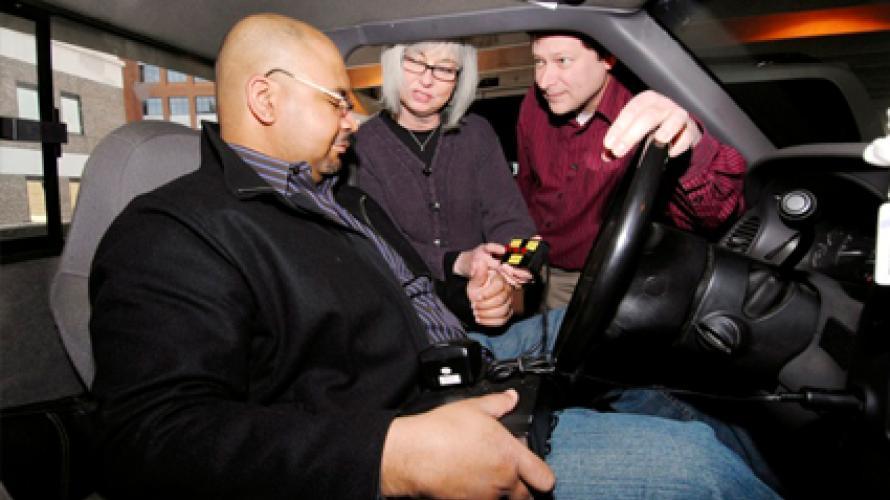
What is the study about?
This study looks at the perceived barriers to return to driving in people who were not driving after a traumatic brain injury (TBI). It looks at how perceived barriers are related to sex, race, and psychosocial factors.
What did the study find?
Physical abilities, opinions from medical providers, and a need to drive were the biggest factors when deciding to resume driving. The study also found that social barriers, such as opinions by partners and caregivers, hindered return to driving more than physical barriers such as fatigue. Black participants considered the resources needed to resume driving more than White participants. For people with only mild disability, barriers were related to well-being such as depression and life-satisfaction. However, barriers were not related to well-being among adults with moderate or greater disability.
Who participated in the study?
Participants were 174 adults with moderate to severe TBI.
How was the study conducted?
This study used a cross-sectional design. Data were collected from many people at one point in time.
How can people use the results?
The results can help people with TBI and their families understand the kinds of barriers associated with returning to driving after TBI. The results may also help identify adults who may be at risk of emotional distress.
Reference
Sanders, G., Rapport, L. J., Marwitz, J. H., Novack, T. A., Walker, W., Tefertiller, C., Watanabe, T. K., Kennedy, R., Goldin, Y., Bergquist, T., Dreer, L. E., Bombardier, C. H., & Zhang, Y. (2023). Barriers to driving and psychosocial outcomes after traumatic brain injury. Brain injury, 37(5), 412–421. https://doi.org/10.1080/02699052.2023.2172611
Disclaimer
The contents of this quick review were developed under a grant from the National Institute on Disability, Independent Living, and Rehabilitation Research (NIDILRR grant number 90DPKT0009). NIDILRR is a Center within the Administration for Community Living (ACL), Department of Health and Human Services (HHS). The contents of this quick review do not necessarily represent the policy of NIDILRR, ACL, HHS, and you should not assume endorsement by the Federal Government.